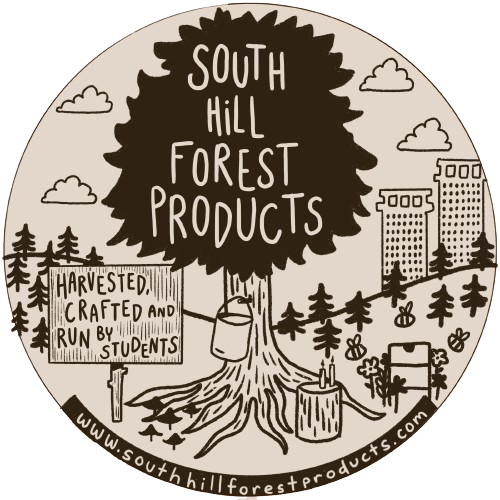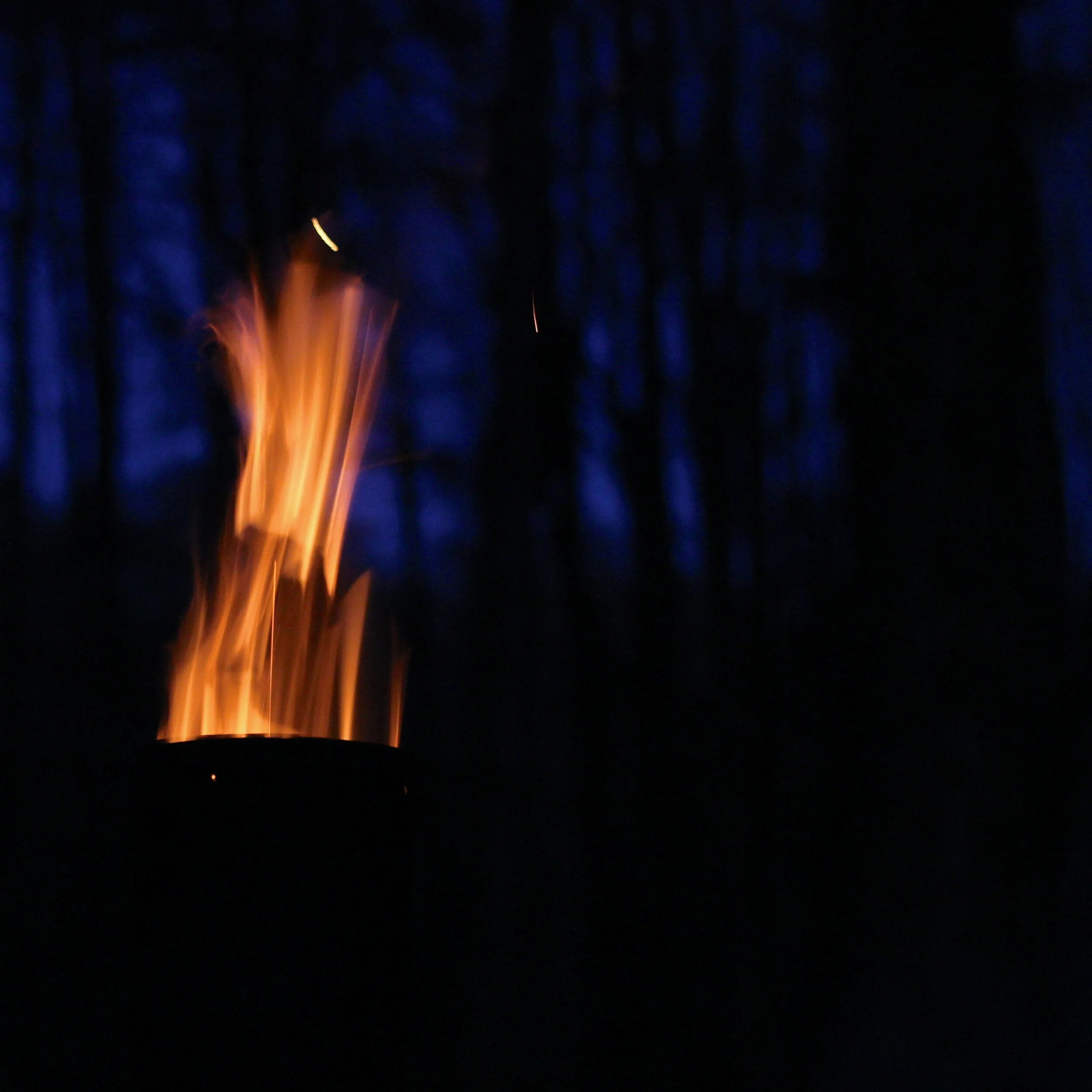Frequently Asked Questions
Where can I buy South Hill Forest Products?
The best place to purchase our products is right here on our website, under the “products” tab. Products will begin to be available later in the spring of 2022.
What is a Non-Timber Forest Product?
Non-timber forest products (NTFPs) are forest goods harvested in an ethical and renewable way that are sold for commercial value. The variety of these resources are endless: fruiting bodies, resins and oils, roots, leaves, bark, needles, and more. The phrase “Non-Timber Forest Products” is used internationally, and is synonymous with other well-known terms such as secondary forest products and wildcrafting/foraging. These terms do not represent an ecological category, but rather an economic group that encompasses forest resources that are often overlooked as legitimate sources of income.
The most common non-timber forest products can be separated into the three major categories: culinary (nuts, fruits, berries, syrups), medicinal (plants for medical or supplemental purposes), and decorative (crafted forest objects including wood carving or floral arrangements).
How does the harvesting of these products affect the environment?
Unlike timber products, NTFPs typically do not degrade or exhaust the forest ecosystem. In fact, the responsible management of NTFPs can actually promote forest health and biodiversity.
How involved are the students in South Hill Forest Products?
Completely! South Hill Forest Products is entirely run by students. Students across all majors at Ithaca College enroll in the Non-Timber Forest Products class and are responsible for running the company, with Jason Hamilton as the CFO.
how are we handling the covid-19 pandemic?
Ithaca College is back for fully in-person instruction, making it possible for our very hands-on class to operate as usual. We are continuing to learn NTFP skills and produce quality products while maintaining important safety protocols. We wear masks at all times, maintain 6-feet of distance, disinfect surfaces and products frequently, and spend the majority of our class and meeting times outdoors. In addition, the class is split into teams of students that work together more frequently to reduce mixing social circles.

